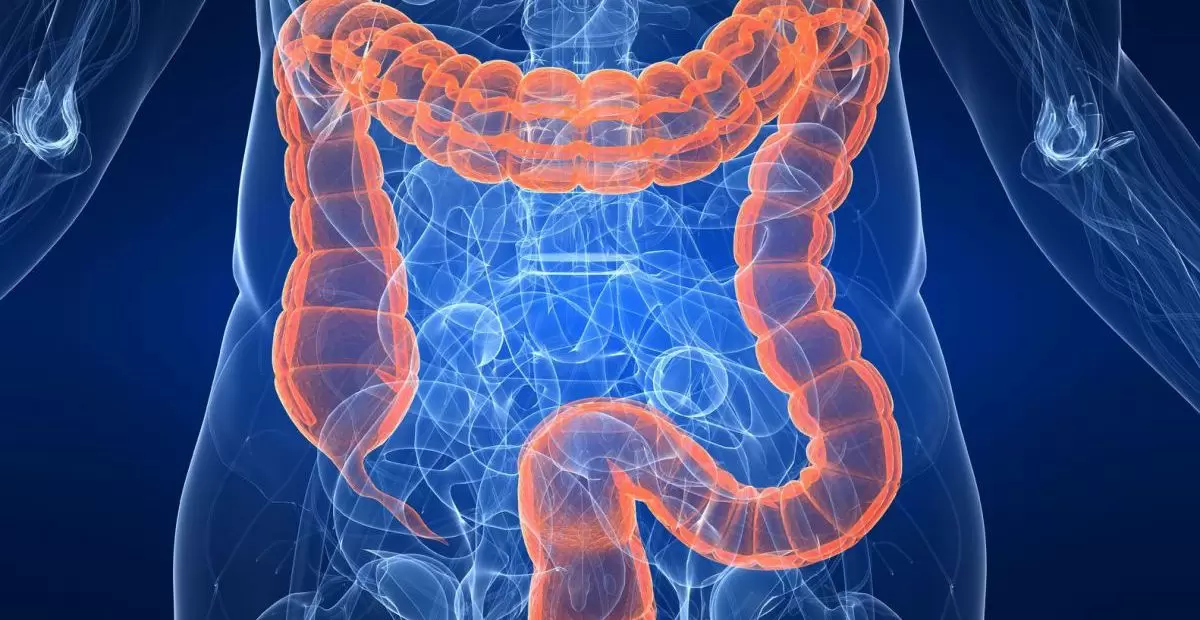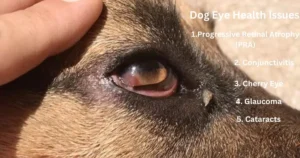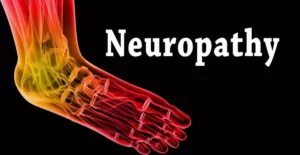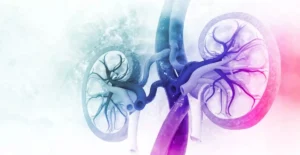Colon disease is a kind of disorder that occurs in the large intestine. It begins as small irregularities called polyps, then develops into disease over the long run.
Have you ever heard about “Colon Cancer ICD-10 Code “Unspecified.” It resembles a mystery code specialists use when they don’t know where the disease is in your belly. Like investigators need hints to address secrets, specialists need more signs to help you with improve.
In medical clinics, specialists use codes to name various illnesses. For colon cancer, they use a code called ICD-10. It helps them with monitoring patients and planning treatment. Once in a while, if they don’t know precisely where the malignant growth is, they use the code “unspecified.” It resembles saying they need more data to settle the mystery.
Introduction to Colon Cancer and ICD-10 Codes
Colon cancer, generally called colorectal sickness, is a kind of illness that begins in the colon or rectum. It begins as noncancerous cells called polyps, which can slowly shape into harmful development after some time. Colon cancer is one of the most remarkable kinds of infections all over the world, with massive consequences for general well-being.
ICD-10 codes are alphanumeric codes used by healthcare providers to organize diseases, symptoms, strange announcements, and external explanations behind injuries or diseases. These codes expect a dreadful role in clinical charging, security cases, and data assessment in clinical consideration settings.
Understanding ICD-10 Code Unspecified for Colon Cancer
Inside clinical coding, the term ”unspecified” implies situations where explicit insights about a condition or finding are not given or recorded. With regards to colon cancer, the ICD-10 code undefined (C18.9) is used when the clinical record doesn’t determine the specific area or type of colon malignant growth analyzed. Exact coding is vital in medical services in light of multiple factors.
Right off the bat, it guarantees that patients get a suitable diagnosis and treatment in light of their condition. Besides, it works with legitimate charging and payment processes, prevention errors, and errors in monetary exchanges between medical care suppliers, safety net providers, and patients. Finally, exact coding empowers thorough information and investigation. It is critical for epidemic surveys, medical service planning, and strategy improvement.
How ICD-10 Codes are Used in Healthcare Settings?
ICD-10 codes are used in different parts of medical services, including clinical charging, protection claims treatment, electronic health records (EHRs), and general well-being observation. These codes act as a general language that empowers agreement and information trade among medical care experts, organizations, and administrative offices.
With regards to colon malignant growth, ICD-10 codes are used to report, analyze, track disease frequency, and evaluate medical care results. For instance, medical care suppliers use clear codes to recognize patients with colon malignant growth. It helps in checking sickness patterns, assessing therapy viability, and actually designating assets.
Common Symptoms and Risk Factors of Colon Cancer
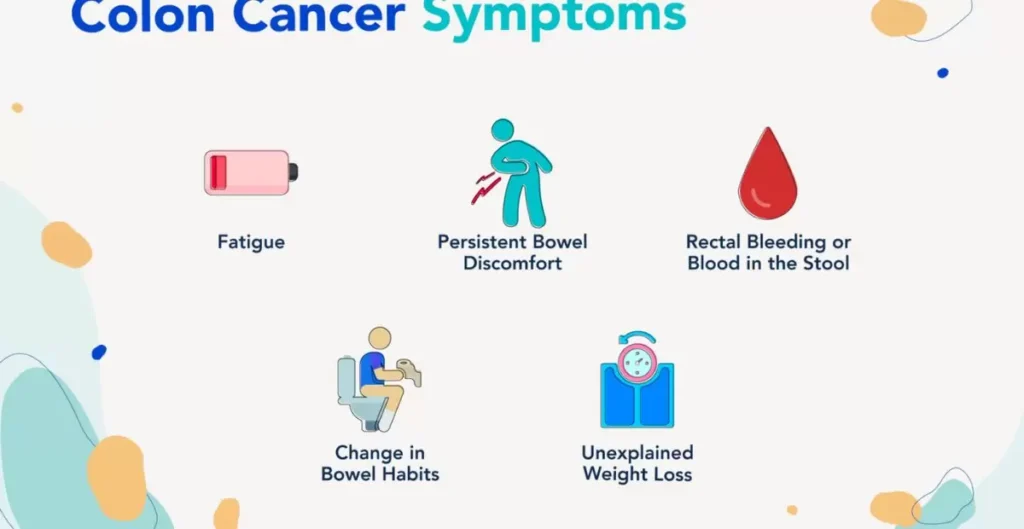
Colon malignant growth frequently has side effects, for example,
- Changes in bowel habits
- Rectal bleeding,
- Stomach pain,
- Unexplained Weight Reduction
- Fatigue
It’s critical to observe that the beginning phase of colon disease may not create any side effects. It makes standard evaluation fundamental for early location. A few variables increase the risk of creating colon malignant growth, including age, family background, of colorectal malignant growth or polyps. The individual history of inflammatory bowel disease (IBD) or colorectal polyps, a stationary way of life, massiveness, smoking, heavy alcohol use, and an eating routine high in red and inflammatory bowel disease (IBD).
Diagnostic Procedures for Colon Cancer
The symptomatic methodology for colon disease incorporates screening tests and confirmatory indicative strategies.
Normal screening tests includes:
- Colonoscopy
- Sigmoidoscopy
- Fecal occult blood test (FOBT)
- Fecal immunochemical test (FIT)
- Stool DNA test
It resembles a mystery code specialists use when they don’t know where the disease is in your paunch. Like criminal investigators need signs to settle. These tests assist with perceiving abnormalities in the colon or rectum, similar to polyps or development, at a starting stage when treatment is ideal. Corroborative demonstrative techniques, for instance, biopsy and imaging focuses on computed tomography (CT) checks and magnetic resonance imaging (MRI). They are utilized to affirm the presence of harmful development and choose its stage and level of spread.
Treatment Options
Therapy for colon disease differs relying upon elements like the phase of the malignant growth, in general strength of the patient, and individual inclinations. Normal treatment modalities include:
Surgery
Careful excretion of the carcinogenic growth and encompassing tissue is many times the essential therapy for beginning phase colon disease.
Chemotherapy
Chemotherapy might be used before a medical procedure (neoadjuvant treatment) to contract growths, after medical procedure (adjuvant treatment) to kill remaining disease cells, or as the essential therapy for cutting edge or metastatic colon malignant growth.
Radiation Therapy
Radiation treatment utilizes high-energy bars to target and obliterate disease cells. It very well might be utilized in mix with a medical procedure or potentially chemotherapy for specific instances of colon malignant growth.
Targeted Therapy
Designated drugs work by focusing on anomalies present inside disease cells. They are many times utilized in mix with chemotherapy for cutting edge colon malignant growth.
Immunotherapy
Immunotherapy drugs help the insusceptible framework recognize and go after disease cells. They are used for metastatic colon malignant growth that has not answered different medicines.
Living with Colon Cancer
A determination of colon malignant growth can be overpowering, however there are systems and assets accessible to help patients with adapting to the physical, profound, and viable parts of the illness. These may incorporate care groups, advising administrations, healthy direction, and corresponding treatments like needle therapy or back rub treatment.
Patients must discuss transparently with their medical services group, stick to therapy plans, keep a solid way of life, and look for help from loved ones during their malignant growth venture.
Prevention Strategies for Colon Cancer
While specific gamble factors for colon disease are unchangeable as far as one might be concerned. There are proactive advances people can take to decrease their gamble and advance colon wellbeing.
These include:
- Taking on a reasonable eating regimen wealthy in organic products, vegetables, entire grains, and lean proteins.
- Restricting utilization of red and handled meats, as well as liquor.
- Keeping a sound load through customary activity and actual work.
- Keeping away from tobacco items and secondhand.
Future Developments in Colon Cancer Diagnosis and Treatment
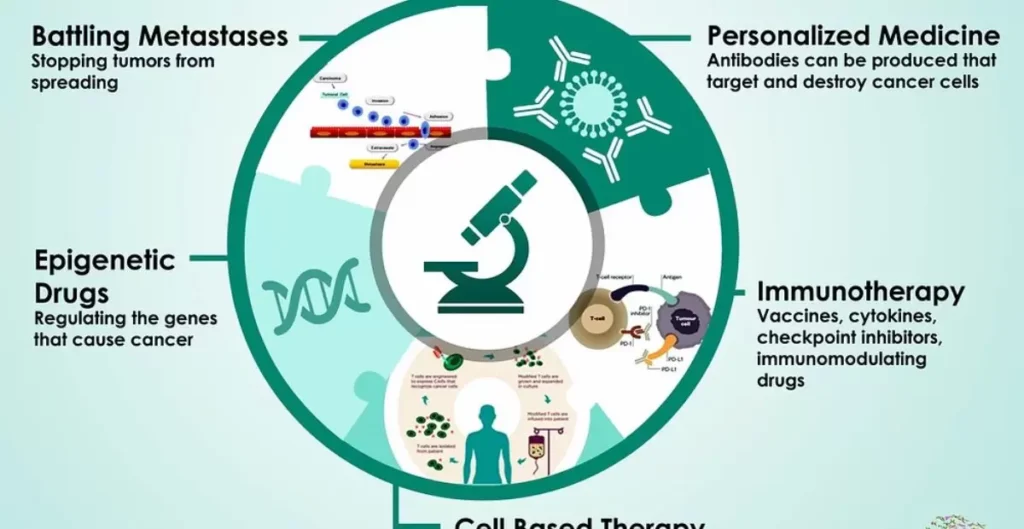
In the realm of medication, researchers and analysts are continually investigating better approaches to work on the determination and therapy of colon cancer. They’re like investigators, looking for pieces of information and answers that can improve results for patients. With headways in innovation and clinical information, there’s potential for considerably more viable strategies later on.
Imagine if specialists could recognize colon malignant growth significantly to getting an opportunity to spread. That would mean more choices for treatment and a superior possibility of beating the illness. Scientists are additionally chipping away at customized medicines, fitting treatments to every patient’s remarkable hereditary cosmetics and growth qualities. This approach could prompt more designated and compelling medicines with less incidental effects.
The Importance of Education and Awareness
In the realm of medication, researchers and analysts are continually investigating better approaches to work on the determination and therapy of colon malignant growth. They’re like investigators, looking for pieces of information and answers that can prompt improved results for patients. With headways in innovation and clinical information, there’s potential for more viable strategies later on. Components of health and wellness also play a crucial role in this ongoing quest for better treatments and outcomes.
One area of center is in growing more exact demonstrative devices. Imagine that specialists could recognize colon malignant growth, before it gets an opportunity to spread. That would mean more choices for treatment and a superior possibility beating the illness. Scientists are additionally chipping away at customized medicines, fitting treatments to every patient’s remarkable hereditary cosmetics and growth qualities.
Overcoming Stigma and Fear Associated with Colon Cancer
Discussing colon malignant growth can at times be awkward for individuals since there’s a disgrace connected to it. Some could feel humiliated or avoid examining it transparently. However, it’s essential to separate these boundaries and address the trepidation related with colon malignant growth. By starting up discussions and expanding mindfulness, we can lessen the shame and make it more straightforward for individuals to look for help and backing.
At the point when individuals comprehend that colon malignant growth is very much like some other sickness and that looking for help is typical, they’re bound to connect for screening and therapy. Schools, public venues, and medical care associations can all have an impact in teaching the general population about colon disease, its side effects, and the significance of early identification.
FAQs
What does it mean when colon cancer is diagnosed with an “unspecified” code?
It implies specialists don’t have explicit insights regarding the malignant growth’s area, making determination and treatment a touch testing, yet open correspondence with medical services groups is fundamental.
How can we overcome the stigma associated with colon cancer?
By expanding schooling and mindfulness, we can decrease dread and urge individuals to look for help and backing without feeling embarrassed or humiliated.
Why is early detection of colon cancer important?
Early identification takes into consideration better therapy results, as screening tests can distinguish disease at a phase when it’s simpler to treat, working on by and large visualization.
Conclusion
Understanding colon malignant growth and its analysis through ICD-10 codes is fundamental for both medical care suppliers and patients. While the use of “undefined” codes can make difficulties, open correlation and collaboration among specialists and patients can help with defeating these difficulties.
By expanding schooling and mindfulness, separating shame, and cultivating strong networks, we can guarantee that people get the consideration and backing they need to explore their colon-malignant growth venture.

